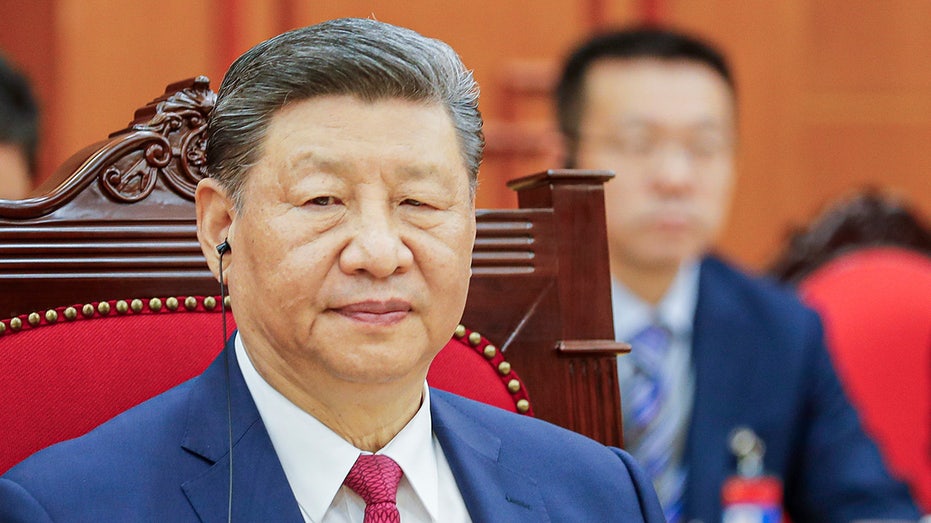Expert Warns of CCP Plot to "Kill Americans" Following FBI Arrests—Urgent Security Warning
China expert Michael Sobolik warns of emerging threats as two Chinese nationals face arrest for allegedly smuggling an 'agroterrorism' weapon into the U.S.

Federal authorities have charged two Chinese nationals with allegedly smuggling a “dangerous biological pathogen” into the United States, a move that has sparked heightened concerns over biosecurity and foreign influence within American educational institutions. The individuals are accused of bringing a fungus identified as Fusarium graminearum—a substance that government officials describe as a potential weapon of agroterrorism—into the country for study at a laboratory affiliated with the University of Michigan.
This fungus is known to cause “head blight,” a destructive disease affecting staples such as wheat, barley, maize, and rice. According to prosecutors, it is responsible for billions of dollars in crop losses worldwide each year. More alarmingly, toxins produced by the fungus can lead to vomiting, liver damage, and reproductive defects in both humans and livestock, compounding the threat posed by its unauthorized importation.
Authorities allege that one of the defendants received funding from the Chinese government to support her research on the pathogen while still in China. The incident has reignited debate over the vulnerabilities of American universities to foreign infiltration and the broader risks of international partnerships in sensitive areas of scientific research. Experts warn that this case is not isolated, but rather part of a worrying trend where foreign actors exploit the openness of U.S. academic settings to advance strategic objectives.
“American higher education is addicted to the Chinese Communist Party,” stated an expert in U.S.-China relations. He emphasized that the influx of international students and research funding from Beijing has fostered environments susceptible to espionage and undue influence. “American universities need to finally open their eyes and stop being willfully blind to the threat. They’re vectors for intelligence gathering and for threats that target Americans on our own soil.”
The latest developments follow a series of revelations pointing to widespread efforts by the Chinese Communist Party to infiltrate prestigious universities across the country. Recent reporting out of Stanford University suggested that Chinese intelligence operatives may be involved in systematic campaigns to access scientific and technological research within U.S. academic institutions.
In response to inquiries, a spokesperson for the Chinese embassy in Washington, D.C. stated that they were unaware of the specific circumstances surrounding the charges. The official reiterated that the Chinese government instructs its citizens abroad to comply with local laws and asserted Beijing’s intent to safeguard their legal rights. However, these assurances have done little to quell unease among U.S. security experts and lawmakers regarding the ongoing biosecurity risks and potential threats to national sovereignty.
As investigations continue, calls are intensifying for American universities to bolster their diligence and protective measures. The events have underscored the urgent need for higher education institutions to balance openness and academic collaboration with the imperative to defend against illicit activities and safeguard public safety.




